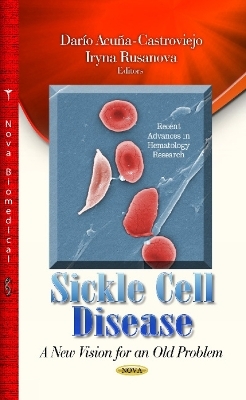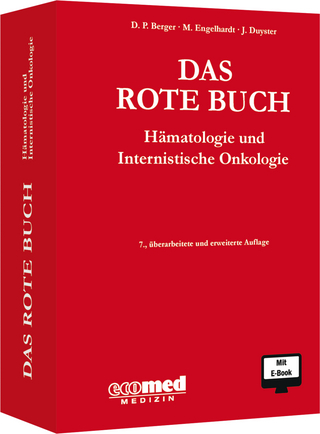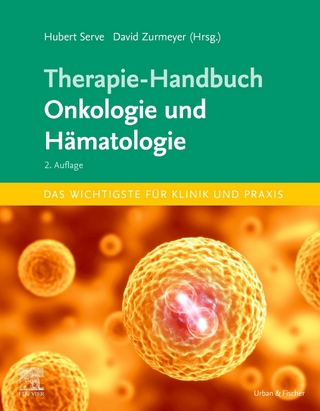
Sickle Cell Disease
A New Vision for an Old Problem
Seiten
2013
Nova Science Publishers Inc (Verlag)
978-1-62257-469-8 (ISBN)
Nova Science Publishers Inc (Verlag)
978-1-62257-469-8 (ISBN)
Sickle cell hemoglobin (HbS) is the result of a single nucleotide change (GAG GTG) in the -globin gene, where valine replaces glutamic acid at the sixth amino acid position in the -globin chain. Sickle cell disease is a growing global health problem. The World Health Organization has estimated that 7% of the world population has the mutation and 300,000400,000 affected children are born every year. The disease progresses towards a severe chronic hemolytic anemia, and it shows a heterogeneous clinical course, related with different genetic factors. Despite the fact that all subjects with sickle cell disease (SCD) have the same single base pair mutation in the DNA, we further confirmed here that the severity of the clinical and hematological manifestations is extremely variable. Increasing evidence has indicated a role of oxidative stress in the vascular pathophysiology of SCD. The vascular endothelium is central to disease pathogenesis because it displays adhesion molecules for blood cells, balances procoagulant and anticoagulant properties of the vessel wall and regulates vascular homeostasis by synthesizing vasoconstricting and vasodilating substances. In addition, recent studies support the existence of a hyperoxidative status in SCD patients that may account, at least in part, for the clinical manifestations of these patients. Moreover, SCD patients with mild clinical outcomes were associated with low oxidative status, whereas high oxidative stress was related to severe phenotypes. Thus, the use of oxidative stress biomarkers may be important in the evaluation of the clinical condition of SCD patients, whereas the use of therapies to improve their redox status and increase NO bioavailability would be beneficial to reduce the severity of sickle disease. The global burden of SCD is now significantly increased and, thus, it is currently a public health problem around the world. This disease has passed from being a problem of the developing countries to affect many people in developed countries. This book summarizes the current epidemiology status and the latest discoveries in the pathophysiology of SCD, and the potential therapies that may improve the clinical course of this disease.
Preface; Epidemiology of Sickle Cell Disease (SCD); The Phenotype Diversity & Hematological Status in Sickle Cell Anemia; Pathophysiological Consequences of Hemolysis in Sickle Cell Disease; Genotypes of Sickle Cell Disease; Vasculopathy, Chronic Oxidative Stress & Endothelial Dysfunction in SCD; Biology of Nitric Oxide Relevant to Sickle Cell Disease; Therapy of Sickle Cell Disease; Index.
| Erscheint lt. Verlag | 1.7.2013 |
|---|---|
| Verlagsort | New York |
| Sprache | englisch |
| Maße | 155 x 230 mm |
| Gewicht | 462 g |
| Themenwelt | Medizinische Fachgebiete ► Innere Medizin ► Hämatologie |
| ISBN-10 | 1-62257-469-9 / 1622574699 |
| ISBN-13 | 978-1-62257-469-8 / 9781622574698 |
| Zustand | Neuware |
| Haben Sie eine Frage zum Produkt? |
Mehr entdecken
aus dem Bereich
aus dem Bereich
Hämatologie und Internistische Onkologie
Buch | Softcover (2023)
ecomed-Storck GmbH (Verlag)
129,99 €
Buch | Softcover (2024)
Urban & Fischer in Elsevier (Verlag)
54,00 €
Buch | Softcover (2023)
Deutscher Ärzteverlag
29,99 €


